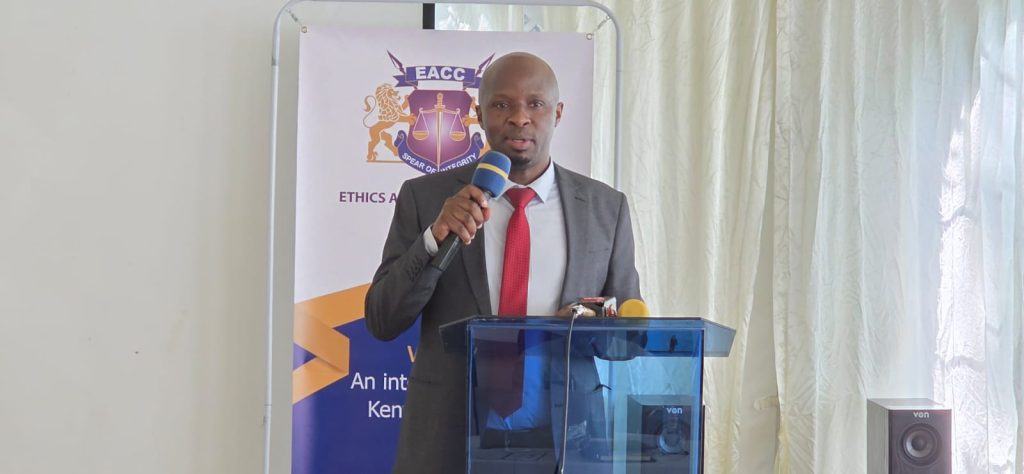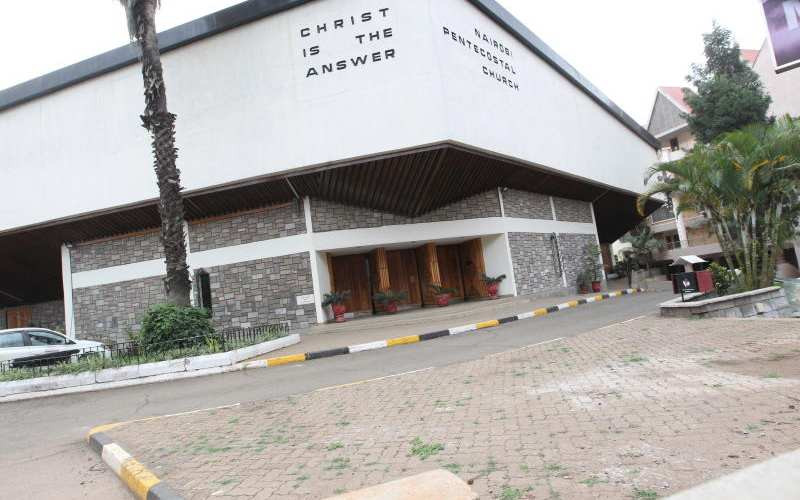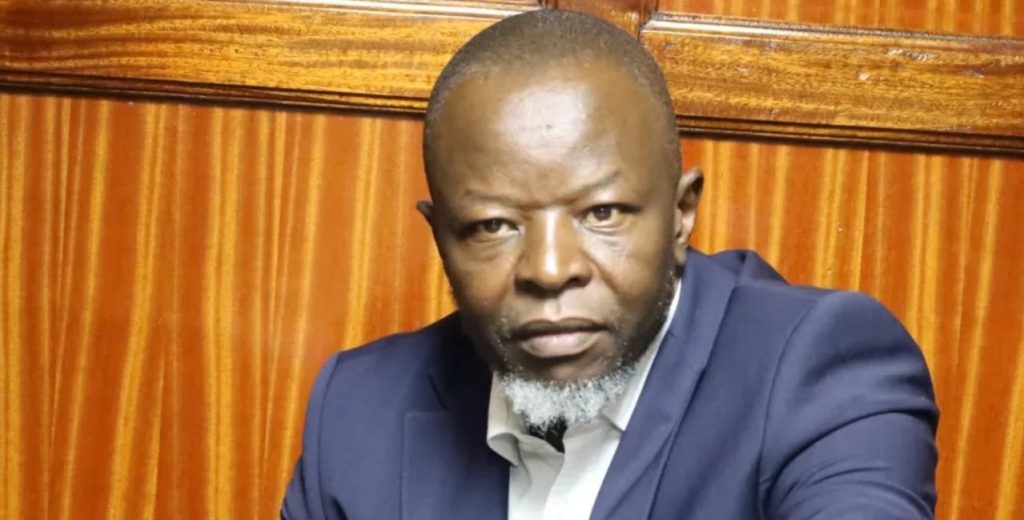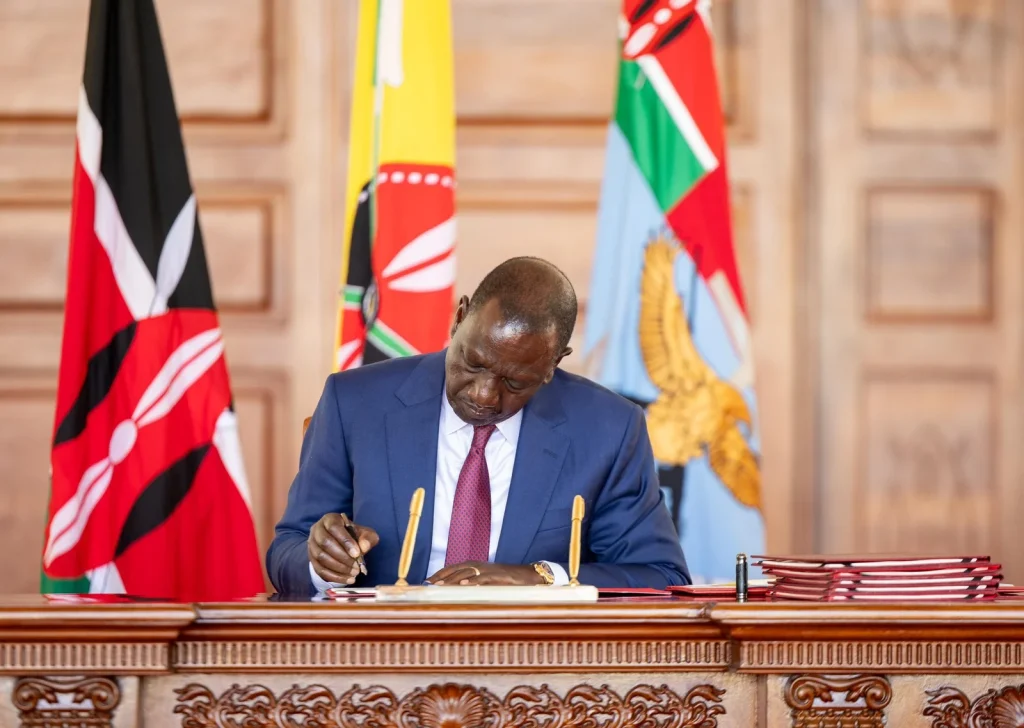The Ethics and Anti-Corruption Commission (EACC) has raised serious concerns over advanced and coordinated schemes through which county officials siphon public funds, eroding public trust and crippling service delivery. The revelations came during the opening of a high-level integrity workshop for the senior leadership of Bungoma County, held in Kisumu.
Delivering remarks on behalf of EACC Secretary and CEO Abdi A. Mohamud, Western Regional Manager Eric Ngumbi painted a grim picture of systemic corruption tactics that have taken root in devolved units. From fictitious projects and inflated invoices to payroll fraud involving ghost workers, Ngumbi noted that certain officials have turned public offices into instruments of personal gain.
Reports by the Auditor General, Controller of Budget, and investigative media were cited, highlighting cases of asset grabbing through collusion, irregular procurement deals, imprest abuse, and forged pending bills. These malpractices, EACC warned, deny citizens critical services such as healthcare, education, and infrastructure, exacerbating poverty and inequality.
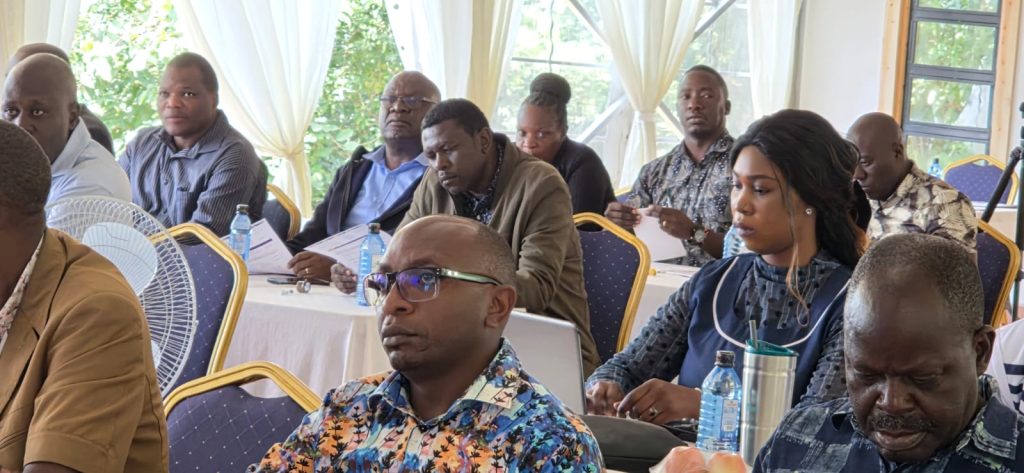
With the financial year drawing to a close, EACC cautioned against last-minute schemes where rogue officers attempt to loot through irregular payments. Accounting officers were put on notice: any involvement in unauthorized or unlawful disbursements will attract personal liability.
As part of its response strategy, EACC outlined five priority areas: forensic budget monitoring, lifestyle audits and asset recovery, bribery surveillance at service points, inter-agency collaboration, and public awareness campaigns. Notably, the Commission committed to conducting integrity testing and surveillance in public service institutions prone to bribery.
Ngumbi emphasized that the fight against corruption cannot be won by EACC alone. “It demands leadership that is accountable and grounded in ethical values,” he said. “Every shilling stolen is a betrayal of a child’s education, of a mother’s health, of a community’s future.”
The Commission also reminded county officials of their legal obligation to fully cooperate with EACC investigations. Obstructing the Commission, it warned, is a criminal offence.
Written by Laban Shikokoti



